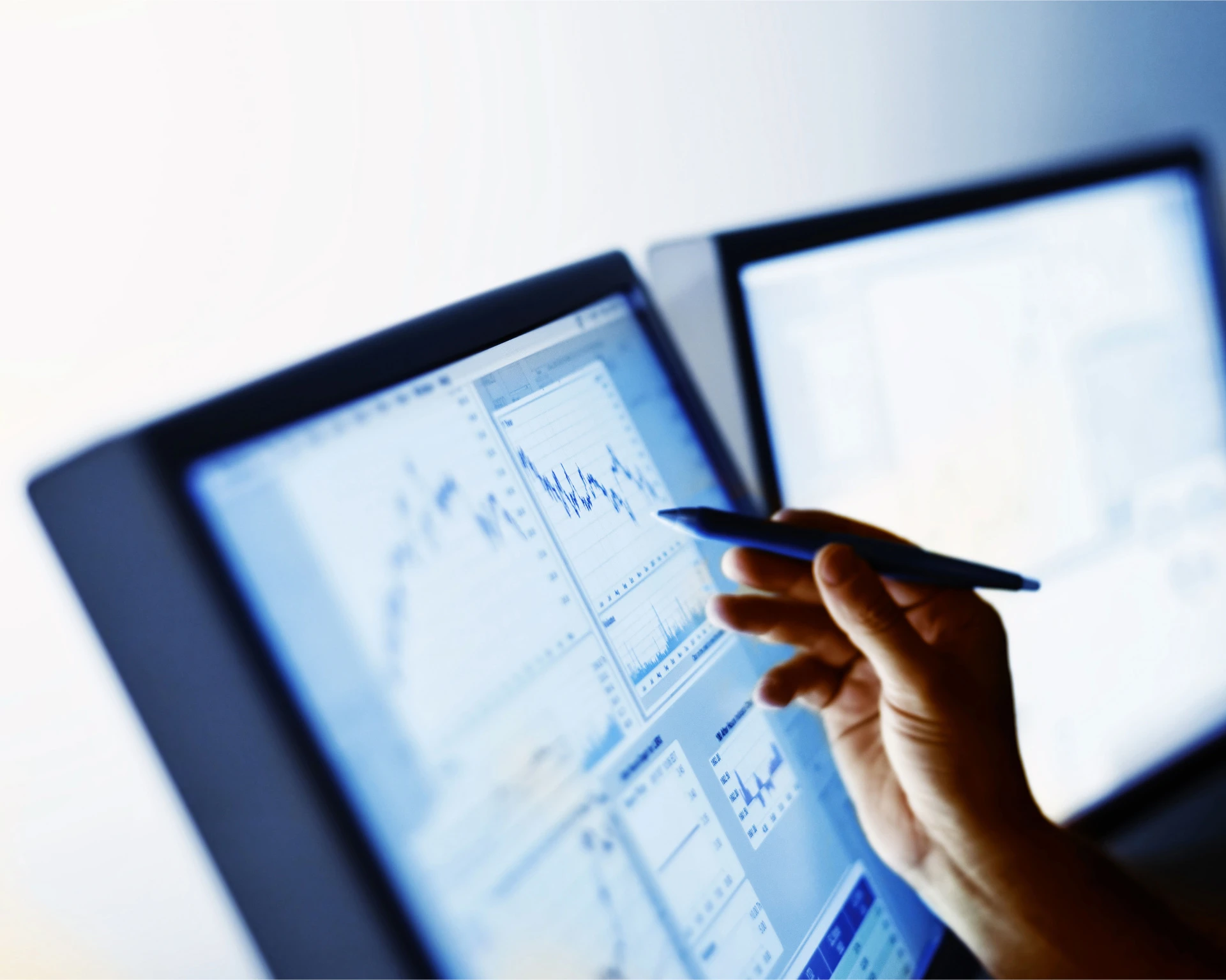Because we offer each customer the benefit of fast execution, high volatility, low spreads, and an award-winning trading platform.
CFD Shares.
Upgrade your investment portfolio with Share CFD trading.
Why trade CFDs with Blueberry?
Because we offer each customer the benefit of fast execution, high volatility, low spreads, and an award-winning trading platform.


MetaTrader 5
Trade your way through the world's most popular and awarded platform. Easy to use with advanced customization options.

Step 1.
Create and fund an account
We make things easy for you to get trading faster. Select a Standard or Direct Account and fund the account with as little as $100.


Step 2.
Find an opportunity in the market
Access minute-by-minute analysis from our market experts to find the best possible opportunities for you in the AU or US stocks.


Step 3.
Access the global market
Decide what to trade, go long or short by opening your position. Go ‘long’ if you think the market’s price will rise, or go ‘short’ if you think it will fall.
*The following funding methods are available: Bank Wire, China Union Pay, Credit Card, Crypto(USDT ERC-20, USDT TRC-20, BTC, and ETH), Dragonpay, Fasapay, Neteller, Paytrust, Perfect Money, Skrill, Sticpay, THB RQ Payments Deposit Currency in AUD, USD, CAD, GBP, NZD, EUR, SGD
We're here to help you every step of your trading journey. Here are some answers to the more frequent questions we get asked.
A contract for difference (CFD) is a contract between the trader and broker that allows the trader to trade an underlying asset without owning it or paying its entire cost. It lets traders speculate on the price movements of the asset and profit from it.
CFD trading is incredibly attractive for day traders as it allows them to use leverage and trade assets without investing large amounts. You can take big positions in an underlying asset without paying its total trade value. With CFD trading, all you have to pay is a small percentage of the total trade value to enter big trade positions.
When you trade a Share CFD, you do not actually own the shares in the company. Instead, you own the contract for difference (CFD) and enter into big share positions by paying some percentage of the total trade value. You make a profit when the markets move in your favour.
A Contract for Difference (CFD) is an agreement between a buyer and seller that allows you to enter trade positions by paying only a margin of the total asset value, without owning the underlying shares or assets. In contrast, a stock represents ownership in a company, and when you trade stocks, you are purchasing actual shares in the corporation to hold as your own.
Leverage in CFD trading allows a trader to get greater market exposure with a small investment. With leverage trading, you only have to deposit a small percentage of the total trade value. For example, to enter a position valued $100,000, you will only be required to deposit $20,000 as leveraged trading if the margin needed is 20%.
Disclaimer: This is an example only to enhance a consumer's understanding being described above and is not to be taken as Blueberry providing personal advice.
The CFD values increase and decrease as the stock on which they are based increase or decrease in value. If you buy a CFD of ABC stock and its value in the stock market increases, your CFD will also increase and vice versa. Therefore, CFDs do not affect the share prices as they only respond to any change in the prices of the underlying asset.